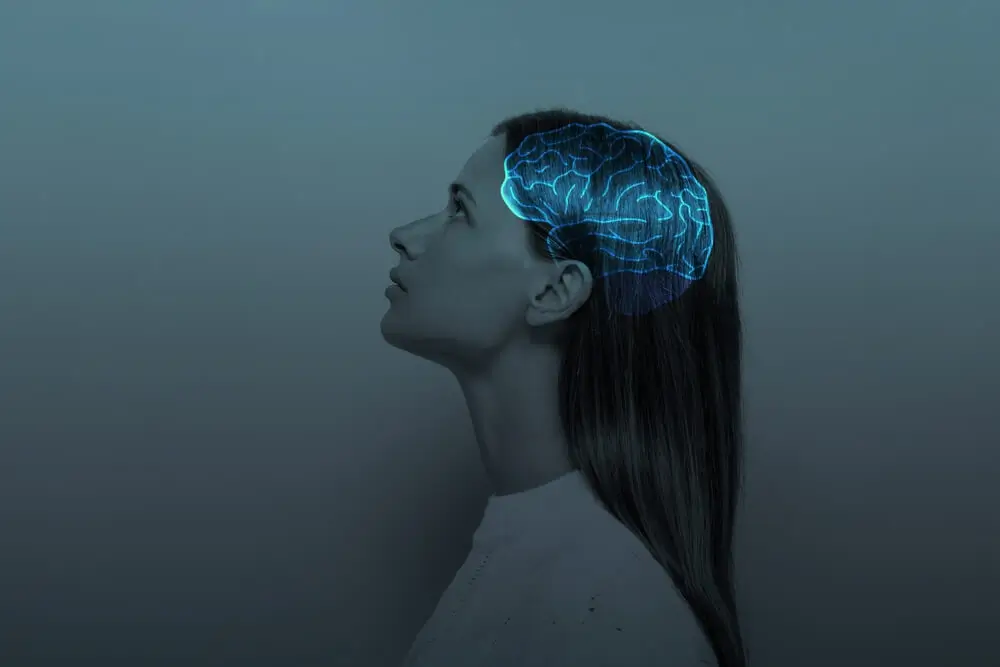What Is Brain Fog?
Brain fog is not a standalone medical condition but a collection of symptoms impacting one’s cognitive clarity. Frequently characterized as a sensation of cloudiness in the head, it can significantly hinder daily activities and overall life satisfaction. Symptoms like memory problems, lack of focus, and mental fatigue are commonly associated with brain fog. Although brain fog can have different causes, the COVID-19 pandemic brought it to the forefront, causing many to question the duration of COVID-19 brain fog. Understanding brain fog and its characteristics is the first step toward finding effective strategies to combat it.
Common symptoms associated with brain fog include short-term memory problems, reduced attention span, and mental fatigue. Addressing this issue requires a multi-faceted approach, incorporating lifestyle changes, dietary improvements, and cognitive exercises. By implementing proper techniques, reducing symptoms and enhancing mental function is achievable, enabling people to resume their regular activities feeling revitalized.
Brain Fog and COVID-19
Since the onset of the COVID-19 pandemic, many individuals who have recovered from the virus report continued cognitive issues. This lingering condition, commonly referred to as “COVID brain fog,” aligns with the widespread concern over the long-term effects of the virus on mental health. Research suggests that COVID-19 can affect the brain’s inflammatory response, contributing to cognitive issues in some patients. Research indicates that the novel coronavirus can cause inflammation in the brain, disturbing regular mental processes and resulting in brain fog symptoms.
How long does COVID brain fog last? It’s important to note that only some people who contract COVID-19 will experience brain fog. However, those who do may find it profoundly disruptive to their daily lives. The persistence of brain fog symptoms varies from person to person, with some experiencing relief within weeks and others dealing with cognitive issues for months. This variability underscores the need for comprehensive strategies to manage and alleviate brain fog symptoms effectively.
Symptoms of Brain Fog
- Memory lapses: Difficulty recalling recent events or retrieving information from memory.
- Lack of mental clarity: Feeling mentally sluggish or needing help thinking clearly.
- Diminished focus and concentration: Struggling to stay focused on tasks or easily getting distracted.
- Difficulty processing information: Slow cognitive processing and trouble understanding new information.
- Fatigue: Continuous fatigue that does not get better with relaxation.
Lifestyle Changes to Combat Brain Fog
Implementing specific lifestyle changes can help mitigate brain fog symptoms. Effective strategies include prioritizing sufficient sleep, regular exercise, and reducing stress through mindfulness practices. Adopting a healthy lifestyle can help rejuvenate mental clarity and enhance cognitive functions. Changing how you live to establish a well-rounded daily schedule can significantly impact fighting brain fog.
Regular Exercise
Engaging in physical activity has always been linked to enhanced mental wellbeing. Regularly participating in physical activity boosts blood flow to the brain, producing new brain cells and improving cognitive function. Adding 30 minutes of moderate physical activity daily can significantly enhance mental focus. Walking, swimming, and yoga can reduce stress and improve brain function.
Quality Sleep
Adequate sleep is crucial for cognitive health. Chronic sleep deprivation disrupts cognitive functions, contributing to the sensation of brain fog. Creating a consistent sleep routine and setting up a tranquil setting can significantly enhance mental clarity. Strive to get between 7-9 hours of sound sleep every night, and think about behaviors like limiting screen time before bed and establishing a relaxing bedtime routine.
Dietary Improvements for Better Brain Health
The things you eat are essential for maintaining good brain function. Highlighting the importance of consuming a diet high in antioxidants, healthy fats, and vital nutrients can enhance cognitive function. Consuming fatty fish, berries, and nuts is advantageous for brain health. Adding these foods to your daily meals helps supply the essential nutrients needed for optimal brain function and aids in fighting off mental fatigue.
Antioxidant-Rich Foods
Antioxidants work to fight oxidative stress, which may hurt brain function. Various fruits and vegetables rich in antioxidants can support mental clarity and overall brain health. Examples of antioxidant-rich foods include blueberries, spinach, and dark chocolate. Incorporating these foods into your diet can shield your brain from oxidative harm and enhance cognitive performance.Omega-3 Fatty Acids
Omega-3 fatty acids in fish such as salmon and supplements are essential for brain function. They support cognitive processes and help reduce inflammation in the brain, making them an excellent addition to a brain-healthy diet. To increase your omega-3 fatty acid intake and enhance brain health, consider including fatty fish, flaxseeds, and walnuts in your meals.
Mental Exercises to Boost Clarity
Participating in tasks that stimulate your brain can significantly improve mental sharpness. Engaging in puzzles, memory games, and acquiring new skills or languages can also help maintain cognitive sharpness. Regular mental exercises are an effective way to combat the effects of brain fog and foster cognitive resilience. Adding mental activities to your everyday schedule can enhance your cognitive skills and alleviate brain fog symptoms.
Cognitive Training Games
Playing games that test memory, focus, and problem-solving abilities can enhance mental sharpness. Adding these activities to your daily schedule can improve cognitive skills and lessen brain fog symptoms. Sudoku, crossword puzzles, and brain-training apps are some cognitive training games. These games offer an entertaining and efficient method to keep your mind active and alert.
Learning New Skills
Acquiring fresh skills or interests can activate the brain and form new neural pathways. Learning a new instrument, language, or craft improves brain health. Participating in tasks that push your limits can improve brain function and fight against mental haze.
Seeking Professional Help
If mental confusion continues even after making changes to one’s lifestyle and diet, it is advisable to consult a medical professional for assistance. Cognitive therapies and targeted medical treatments can provide personalized approaches to dealing with and controlling symptoms of brain fog. Consulting with healthcare professionals ensures a comprehensive approach to dealing with lingering cognitive issues. They can provide targeted interventions and support to help you overcome brain fog and improve your quality of life.
Conclusion
Brain fog, particularly post-COVID brain fog, is a significant concern for many. However, individuals can achieve mental clarity with lifestyle adjustments, dietary improvements, and mental exercises. If the condition persists, professional help can provide tailored solutions to improve cognitive health and quality of life. Adopting a holistic strategy toward brain well-being can effectively combat mental fogginess and enhance overall well-being.





